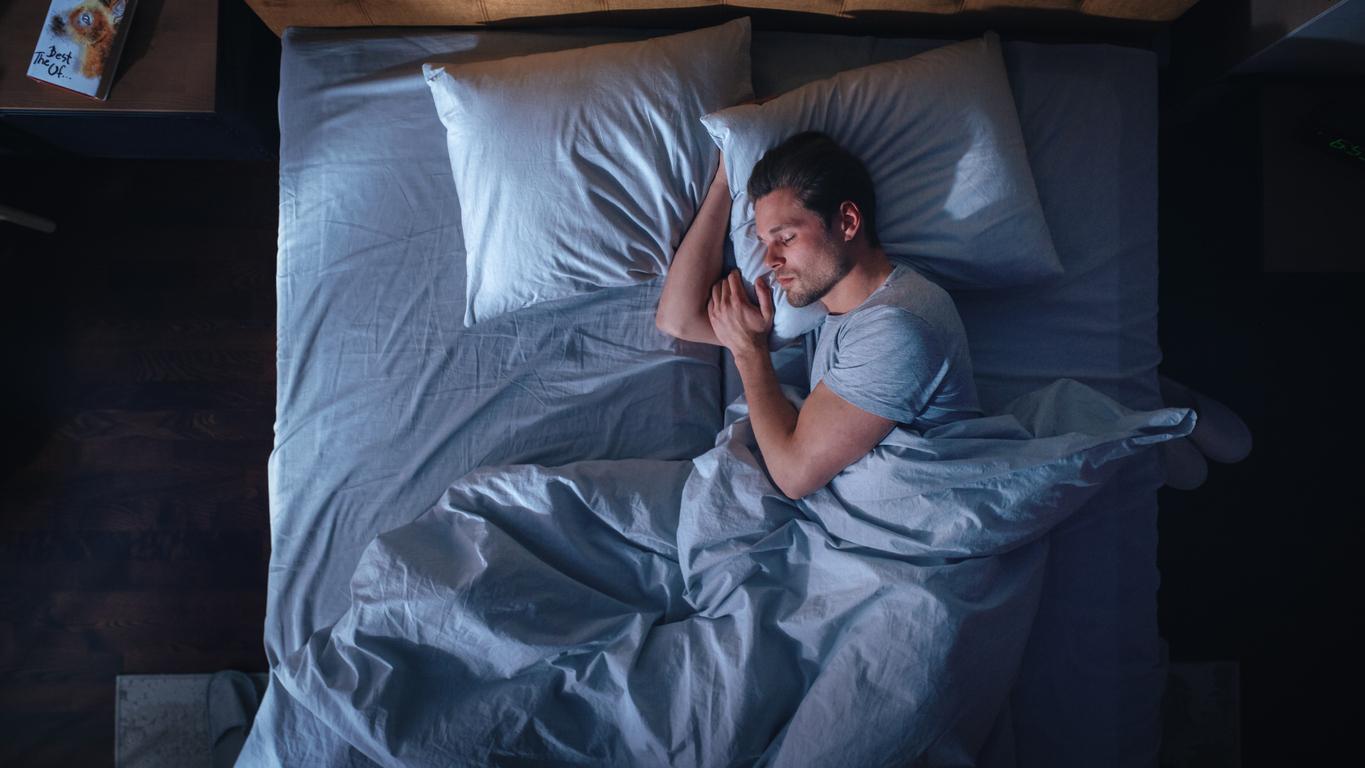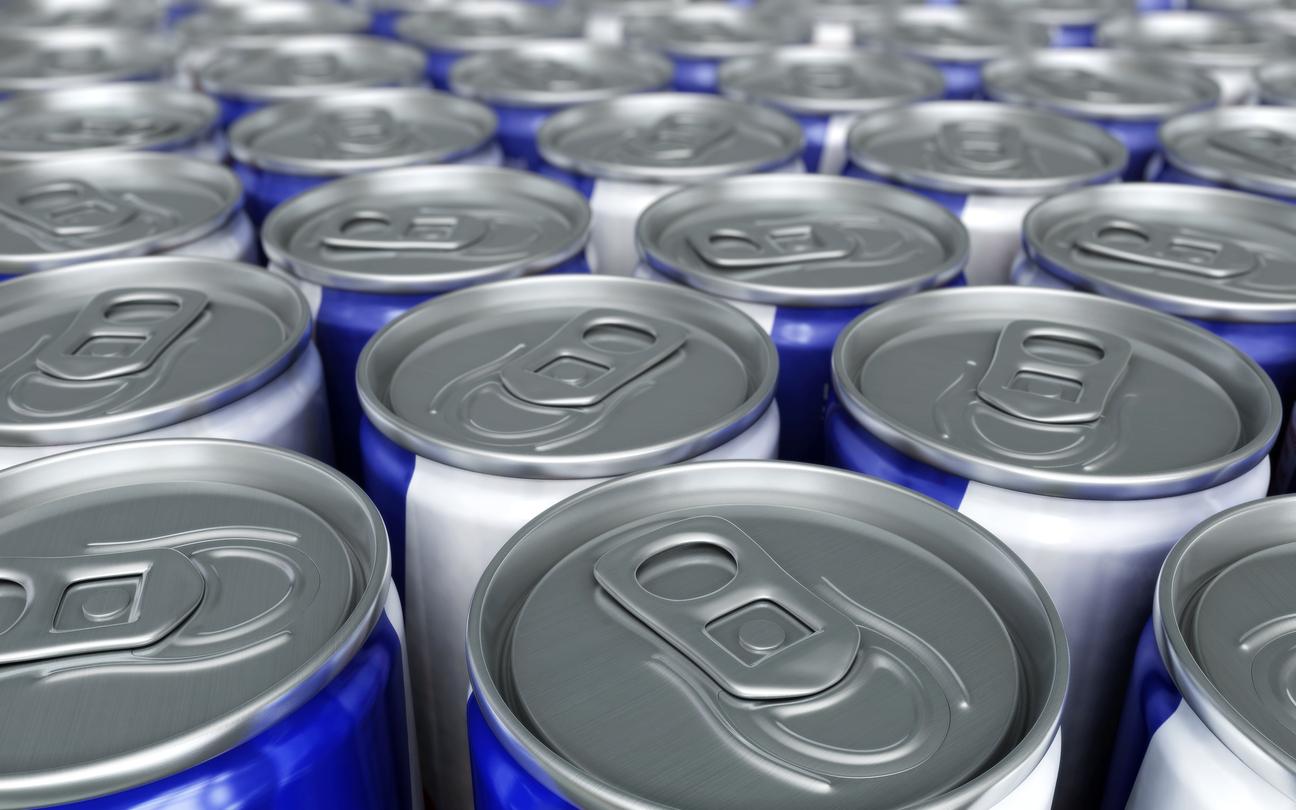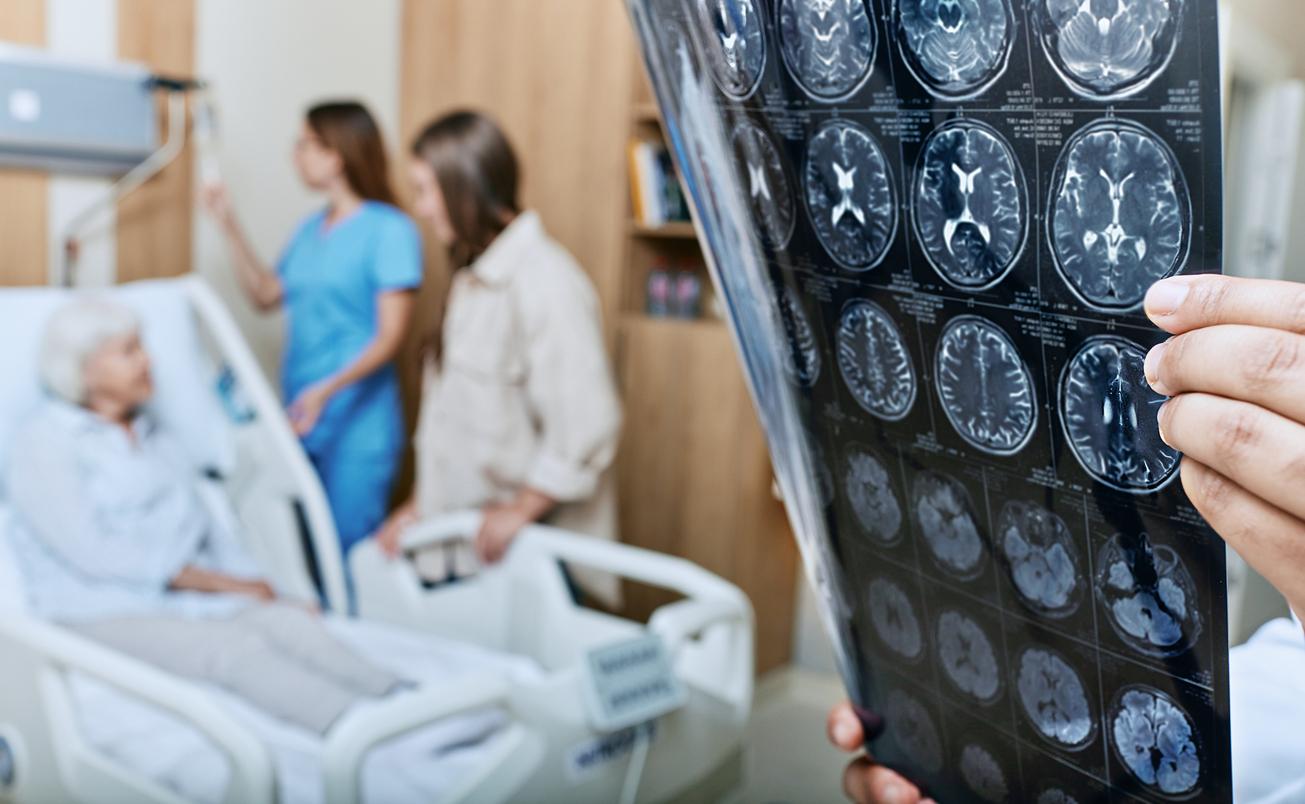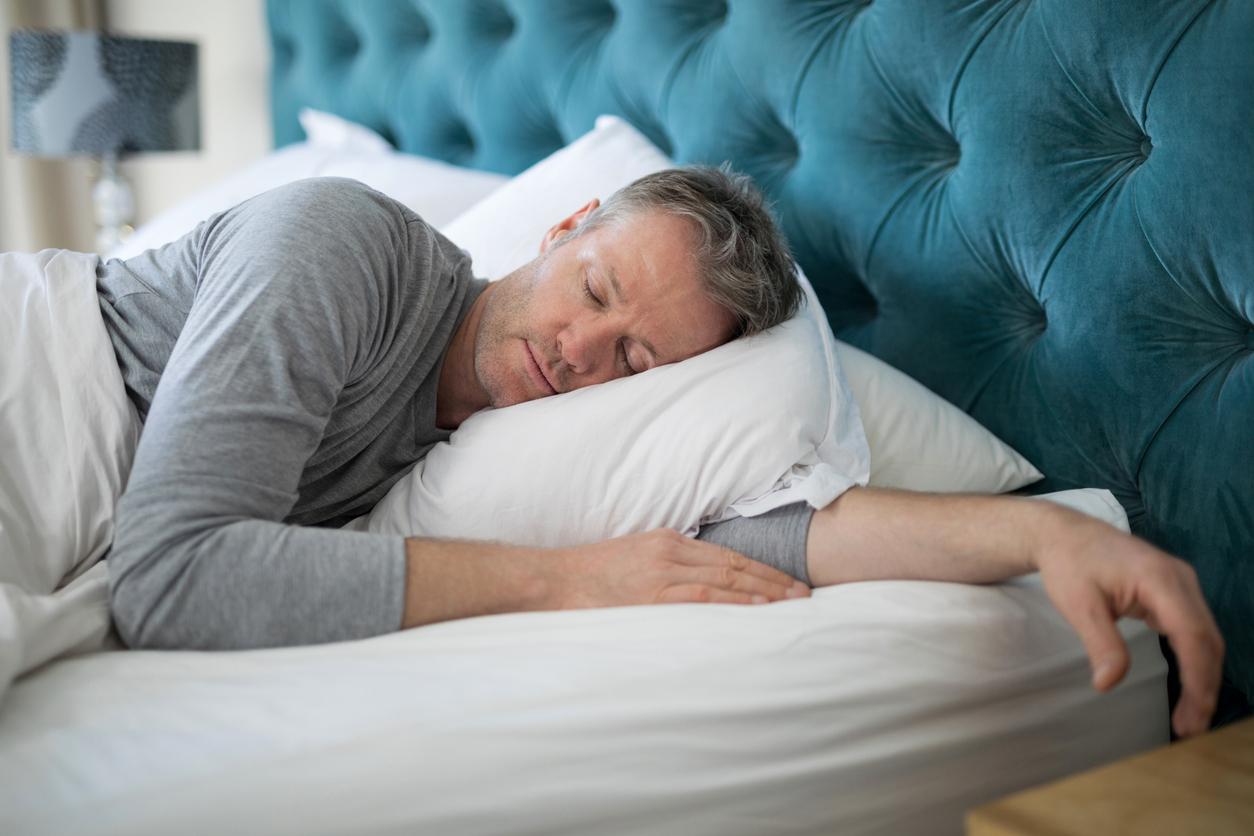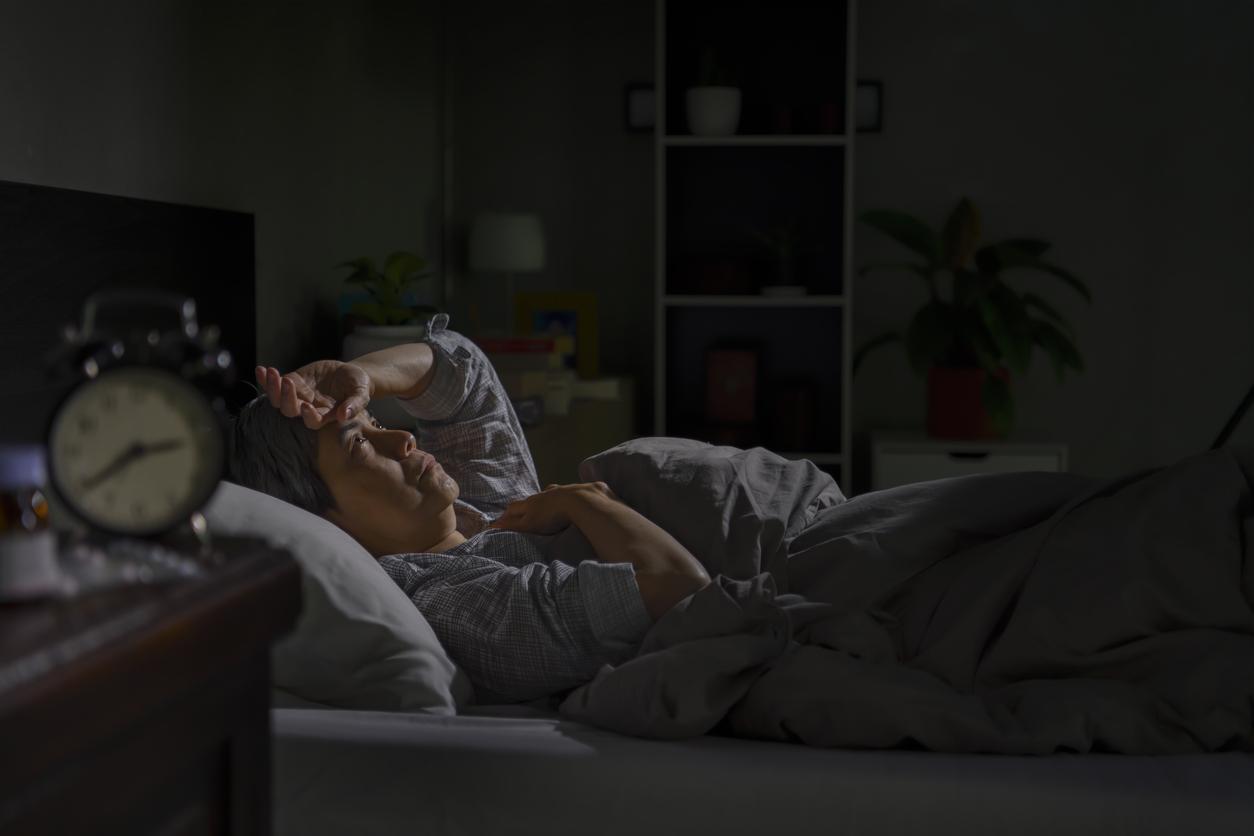Employees with hypertension are particularly susceptible to work stress and lack of sleep. All of this combined would greatly increase the risk of dying from cardiovascular disease.

Stress at work kills, lack of sleep too. We have known that for a long time. But for the first time, researchers have examined the combined effect of these two scourges in employees who also suffer from hypertension. Result: they are three times more likely to die prematurely from cardiovascular disease, reveals the study published on Saturday April 27 in the European Journal of Preventive Cardiology.
To reach this conclusion, Professor Karl-Heinz Ladwig, of the German Research Center for Environmental Health and his colleagues, based themselves on three studies conducted in 1984 and 1995 in Germany. Among the 13,400 participants, they identified nearly 2,000 employees between the ages of 25 and 65 with high blood pressure but no cardiovascular disease or diabetes. They were thus able to observe that those who were stressed at work and slept poorly were three times more likely to die of cardiovascular disease than the others. In detail, those who were stressed at work but slept well and those who only suffered from bad nights were respectively 1.6 and 1.8 times more at risk.
“Sleep should be recreation time, helping to restore energy levels. If you’re stressed at work, sleep helps you recover. Unfortunately, poor sleep and stressful work often go hand in hand and when they do are combined with hypertension, the effects are even more toxic,” says Professor Ladwig.
A depletion of energy resources
During this research, a stressful job was defined as very demanding work but with little maneuvering work. As in the case where an employer wants certain results but does not want the employee to make decisions. “If you have a strong demand but also a lot of control, in other words, that you can make decisions, this could on the contrary be positive for your health”, adds the Professor. “But being stuck in an oppressive situation that you have no power to change is damaging.”
As for poor quality sleep, it was defined by difficulty falling asleep and staying asleep. “Staying asleep is the most common problem for people with stressful jobs. They wake up at 4am to go to the bathroom and go back to bed brooding over their work problems,” notes Professor Ladwig. And to clarify: “The risk is not to have a difficult day and no sleep. It is to suffer from a stressful job and poor sleep for many years, which reduces our resources of energy and can lead to hasty death”.
Thus, these results should prompt doctors to ask their patients with hypertension about their work and sleep habits, advises the study. “Each condition is a risk factor in itself and they are linked, which means that one aggravates the other. Physical activity, a balanced diet and relaxation strategies are important, as is medication to lower blood pressure if necessary”, concludes Professor Ladwig, who invites employers to help their employees manage stress and provide them with sleep treatments if necessary.
24% of French workers suffer from “hyperstress at work”
Many studies have already linked between stress and premature death. According to a Swedish study published a few weeks ago in the British Medical Journal (BMJ)the risk of serious cardiovascular events such as cardiac arrest and heart attack would be particularly high during the first six months following the diagnosis of a stress-related disorder, and during the first year for the other types of cardiovascular diseases .
Regarding sleep, American researchers have recently made the link between sleep apnea and cardiovascular disease. During the study, patients who drowsy during the day were three times more likely to suffer from heart failure than others, and were twice as likely to have a heart attack or stroke.
France seems to be particularly concerned by these data since in France, 43% of adults have already consulted a health professional for sleep problems, recently revealed a survey carried out for world sleep day. And, according to a 2017 study on work stress, 24% of employees even suffer from a “state of hyperstress” at work.

.









